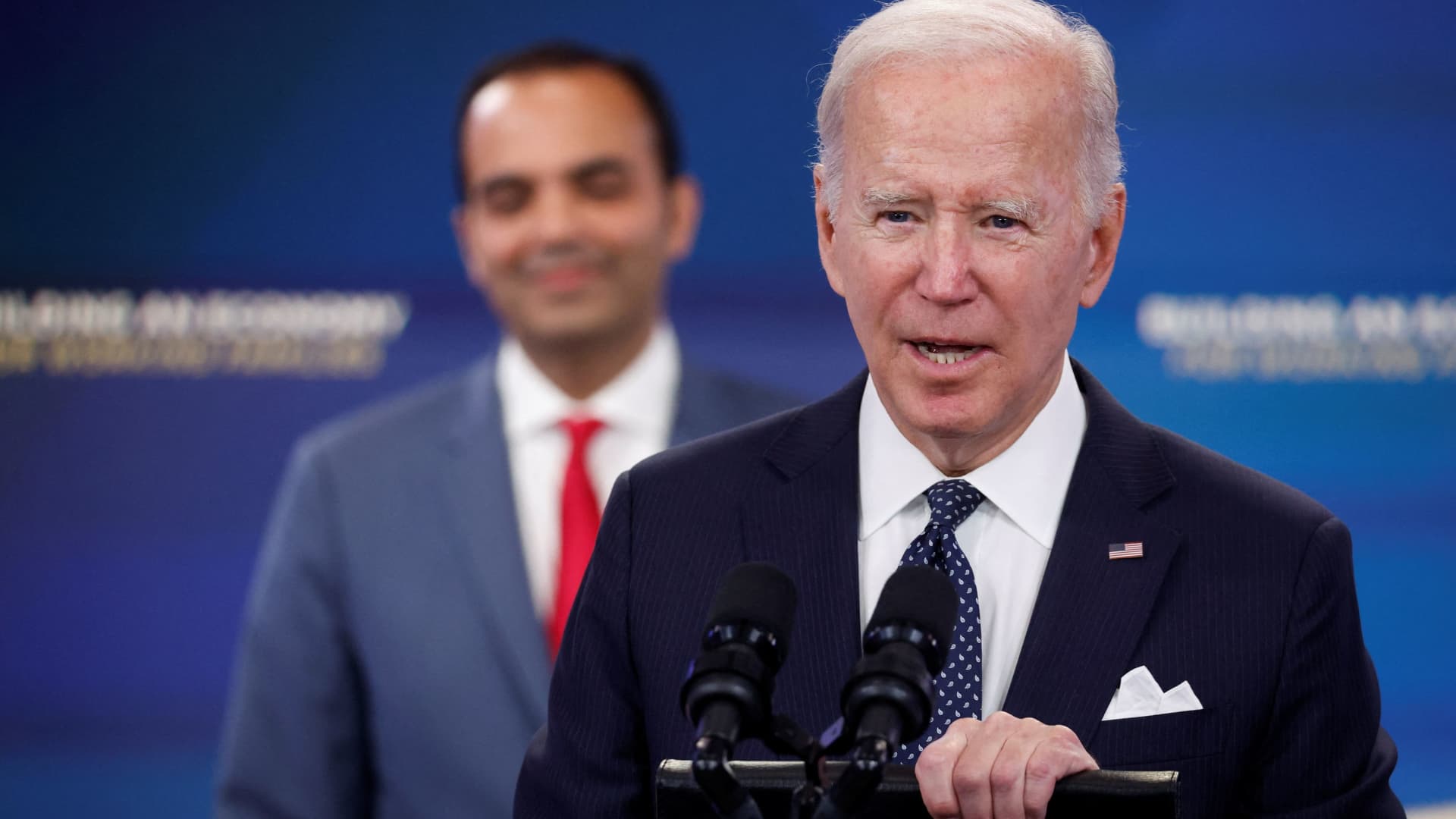Senate Widens WMD Probe, Bush Admits “Risk” In Iraq
According to the statement, the committee will examine "the quantity and quality" of U.S. intelligence on Iraq ’s WMDs and "the objectivity, reasonableness, independence, and accuracy of the judgments reached by the intelligence community," Agence France-Presse (AFP) reported.
The lawmakers will also try to find out whether those conclusions "were properly disseminated to policy makers in the executive branch and Congress" and "whether any influence was brought to bear on anyone to shape their analysis to support policy objectives," it added.
Thanks to Roberts, the agreement fell far short of a full-fledged congressional investigation, which traditionally involves a special panel armed with subpoena power and a staff of professional investigators, widely-publicized open hearings and a voluminous report at the end of the process that could prove to be damaging to Republicans in the 2004 presidential elections.
Democratic Senator Dianne Feinstein said she still favored a full probe because lawmakers needed to know if there was an intelligence failure in the lead-up to the war.
"A substantial number of senators decided to vote to authorize use of force, including myself, because of the arguments that were put forward by the administration about the intelligence that was presented to us," Feinstein said.
In a recent letter to CIA Director George Tenet, members of the House Permanent Select Committee on Intelligence stressed it "is now time to re-evaluate U.S. intelligence regarding the amount or existence of weapons of mass destruction in Iraq and that country’s linkages to terrorist groups, such as Al-Qaeda."
The failure of the U.S. and its war ally Britain to find any of the alleged WMD in Iraq , the main cause of waging the war, put their credibility on the line.
Nearly 11 weeks after the fall of Baghdad , the U.S.-led occupying power failed to discover so much as an ounce of the alleged banned weapons.
This gave momentum to mounting accusations that in making the case for war, the Bush administration had either used intelligence selectively, or pressured the intelligence community into turning a blind eye to questionable sources.
Critics cite a September 2002 Defense Intelligence Agency report, in which the DIA stated that there was "no reliable information" that Iraq was producing chemical weapons.
‘Sacrifice’
Meanwhile, U.S. President George W. Bush warned Saturday, June 21, that the U.S. forces in Iraq face a future of "danger and sacrifice" before the country is secure.
"Making Iraq secure is vitally important for both Iraqi citizens and our own forces," Bush said in his weekly radio address after a week in which a growing number of U.S. military fatalities in Iraq raised many questions in Congress.
"The men and women of our military face a continuing risk of danger and sacrifice in Iraq . Dangerous pockets of the old regime remain loyal to it and they, along with their terrorist allies, are behind deadly attacks designed to kill and intimidate coalition forces and innocent Iraqis," Bush claimed.
"As we establish order and justice in Iraq , we also continue to pursue Saddam Hussein’s weapons of mass destruction," he argued.
"Military and intelligence officials are interviewing scientists with knowledge of Saddam Hussein’s weapons programs and are poring over hundreds of thousands of documents.
"For more than a decade, Saddam Hussein went to great lengths to hide his weapons from the world. And in the regime’s final days, documents and suspected weapons sites were looted and burned," said Bush.
He added that "all who know the dictator’s history agree that he possessed chemical and biological weapons and that he used chemical weapons in the past.
"The intelligence services of many nations concluded that he had illegal weapons and the regime refused to provide evidence they had been destroyed. We are determined to discover the true extent of Saddam Hussein’s weapons programs, no matter how long it takes."
Bush said Iraq was already selling oil on international markets, with its main commercial port at Umm Qasar opened to commercial traffic this week and Baghdad airport expected to reopen next month.
"For the first time in over a decade, Iraq will soon be open to the world. And the influence of progress in Iraq will be felt throughout the Middle East . Over time, a free government in Iraq will demonstrate that liberty can flourish in that region," declared the US president.
In a draft resolution tabled to the U.N. Security Council on May 9, to lift Iraq sanctions, the U.S. formally recognized its obligations as an occupying power, proposed a U.S.-British body to decide how Iraqi oil proceeds would be spent.



